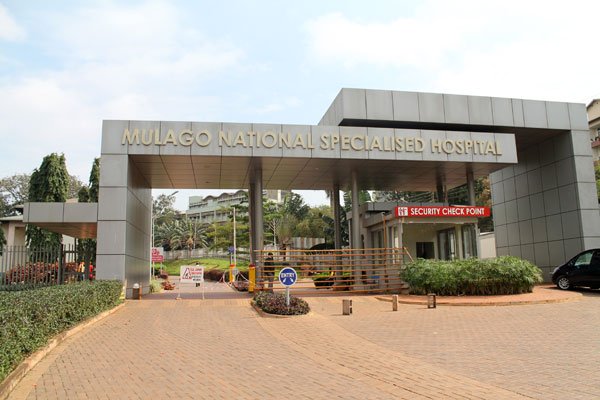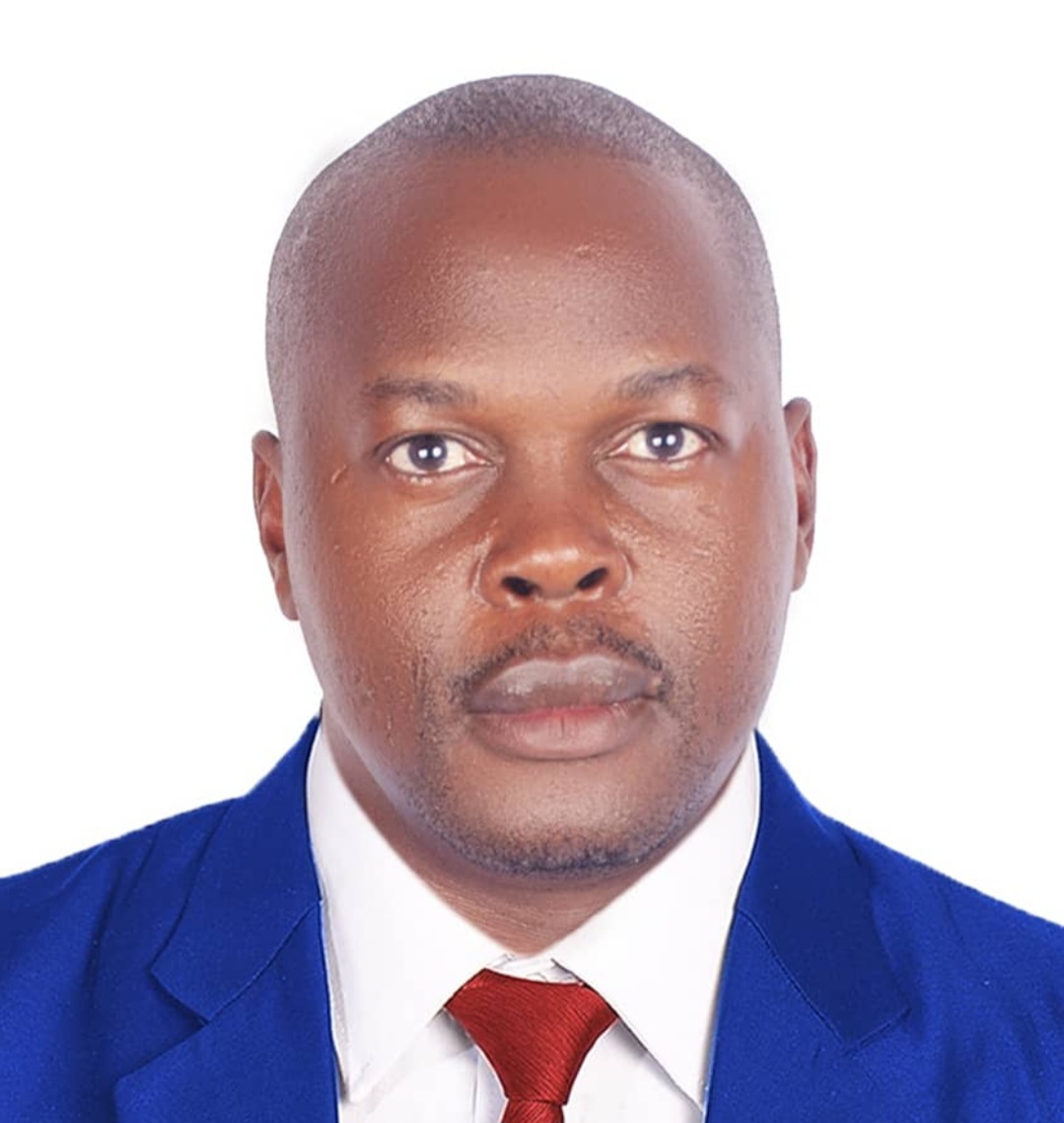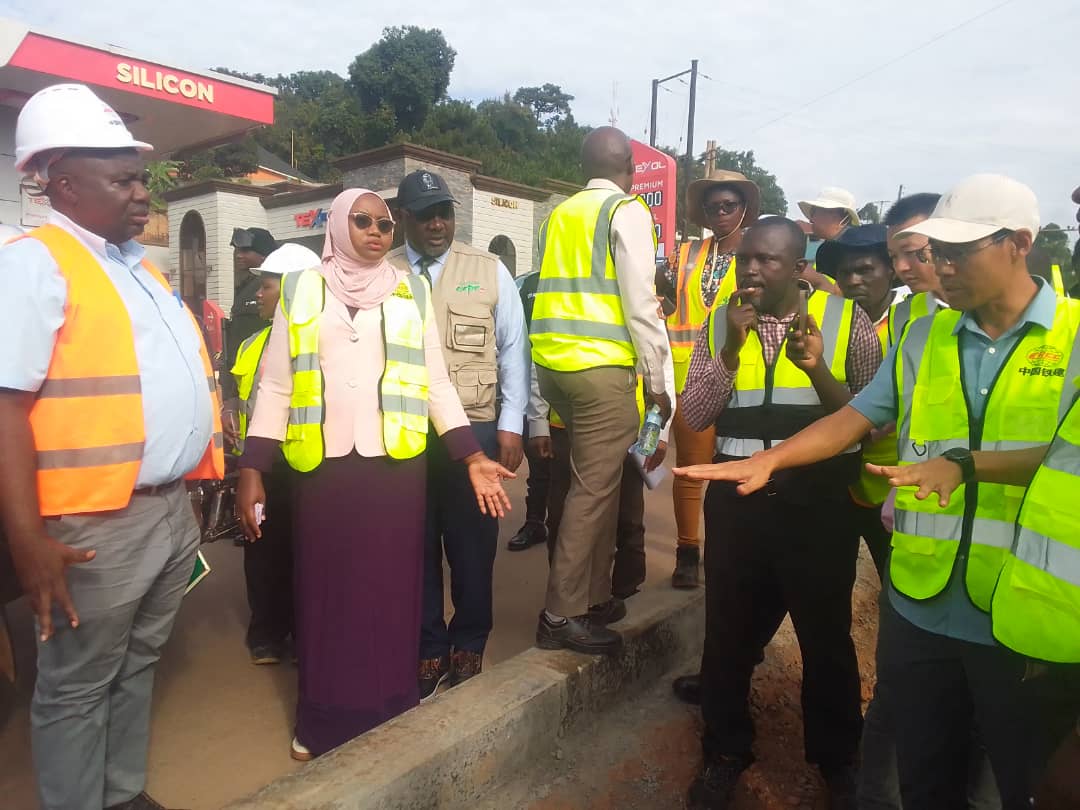Giving birth is one of those experiences that women live to tell. Some are near-death experiences. Others are a mix of joy and pain. When it comes to giving birth to a child, l have not heard any woman say that their experience was painless.
Each experience is a face-to-face battle with pain. The difference is that circumstances vary with each child triggering a different dose of pain. For us men, we may never experience this inner mix of joy and pain that ‘labour’ brings to women. The other circumstance is the medical facility.
Just last week, I came face-to-face with this near-death experience. I knew that giving birth was not an easy thing. But I didn’t expect it to be a full-time painful torture for my wife. She was in labour for some time—in the hands of unprofessional and lazy medics at a private hospital in town.
Sweating with the near-death experience, she swore never to get pregnant again. The contractions and inducements also delayed. With delay came another delay. The unprofessional medics also delayed to make the decision—C-section alternative. I couldn’t believe the experience. Her pain was palpable. In my heart, I knew that we could lose the baby if a bold decision is not made—so quickly.
So, consulted within my circles, and the Office of the President, directed me to quickly transfer my wife to Mulago Specialised Women and Neonatal Hospital.
Almost every hospital has negative stories about what went wrong during the delivery process. If it’s not doctors who are quick to carry out C-sections, it’s over bleeding mothers or newborns developing complications during the delivery. So, when they referred me to Mulago Specialised Women and Neonatal Hospital, my heart first skipped a bit.
So, I reluctantly transferred my wife there. However, the first impression after we reached the hospital was far from what I expected. The premises were clean, and the whole ambience was welcoming.
My first interaction was with the Executive Director of Mulago Specialised Women and Neonatal Hospital, Dr Evelyn Nabunya, and other specialists and medics at the specialised hospital’s maternity and neonatal section also left a mark in my heart.

I kept wondering why it never crossed my mind and that of my wife that we should book an appointment at this Government facility. At one time, some of the colleagues gave a clear explanation—the negative attitude around Mulago and toward other Government hospitals keeps so many people away.
Yet these facilities provide the state of the world service. Fast forward: When my wife walked in and was wheeled into the labour suit that had a full-time nurse, everything worked. Nurses worked in shifts, and the whole time they would check in to monitor the progress of labour. And the care they gave to our baby was out of this world. Back in our private room, everything was on spot—from food to medication and routine check-ups.
The services were excellent, the after-delivery care was top-notch, and all this from a government hospital. While all this comes at a cost that is not far from a private hospital, it’s all worth the money. I truly believe it was a good strategy for the Government to offer an excellent service at market value so as to be able to get the funds to subsidize those who couldn’t afford the service. The hospital is well serviced with very good equipment and staff.
So, dear Ugandans, don’t waste your money in the so-called private hospitals—Mulago Specialised Women and Neonatal Hospital in your right choice.
The 450-bed capacity hospital on behalf of government has about 180 health workers—all trained in specialised maternal and neonatal services. It is a hospital created for Ugandan mothers, and it is a model on the continent.
I was told during our stay there that it was designed to accommodate 450 patients with one attendant each. The hospital is all piped to enable medical gases, nitrous oxide and oxygen to be pumped directly to patients on their beds without using an oxygen cylinder. There is also a laboratory where urinal tests and cancer screenings can be conducted under what medics called uro-gynaecological services.
IVF services are also accommodated for. The IVF involves extraction of female eggs and a sperm sample, and then manually combining them in a laboratory before implantation in a woman’s womb. There are 11 operating rooms, intensive care units (40 beds), recovery sections (25 beds), children’s nursery section (50 beds), oncology department (80 beds) and high-risk delivery sections (170 beds).
The hospital has different pricing for the different categories depending on the preference of patients; Silver will be for general patients, Gold – Very Important Persons and Platinum – Very Very Important Persons.
So, if you want value for money, please book your wife, daughter and mother into the Mulago Specialised Women and Neonatal Hospital.
The writer is the Deputy RDC Manafwa and a member of the Kasangati Rotary Club.
Do you have a story in your community or an opinion to share with us: Email us at Submit an Article









